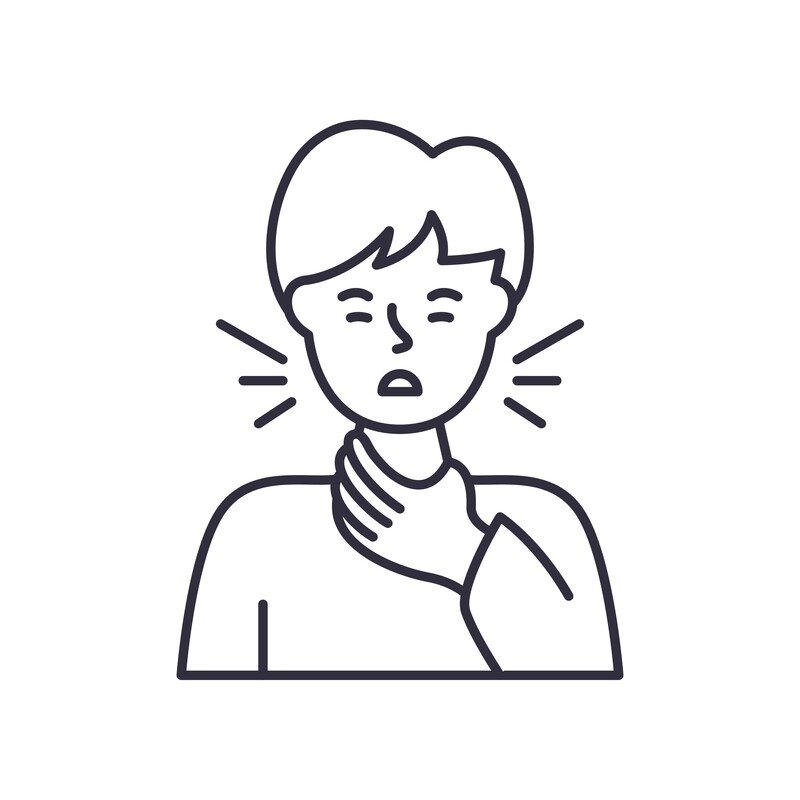There is a common phrase that is used with some exercise workouts: "No pain, no gain." It refers to the belief that pushing yourself harder will create better results. But is this true for voice modification?
Producing any new type of gendered sound can be challenging, particularly if a technique requires more physical energy or a different kind of physical energy. Ask yourself: Are you feeling any vocal strain? Are you experiencing throat discomfort from practicing or talking? Are you feeling vocal fatigue after using a modified voice for longer periods? These are signs of vocal health problems that can lead to vocal fold injury.
The fact is that new vocal habits do not require that you push your voice hard. They demand precision and accuracy. This involves a delicate balance of air pressure above and below the vocal folds resulting from sufficient breath support, relaxation, and resonant voice placement in the upper airway. This can be achieved when aiming the voice in different gendered ways, such as a higher or lower pitch, or creating brighter or darker resonance, or being louder or quieter. This includes learning how to manage loudness if your vocal fold mass has increased from testosterone.
But even with precision and accuracy, you may still experience strain or discomfort or fatigue. In that case, you may simply have the wrong voice target. Your vocal folds may not be able to physically handle, for example, a pitch that is too high or too low from your baseline pitch, or a sound that is too loud or too quiet on a regular basis. Luckily, because there is an overlap of various gendered patterns, targets don’t typically need to be super big to attain a sufficient shift in gender perception.
In addition, being aware of your daily habits is also important, since vocal health problems can be compounded by talking a lot and by certain dietary choices, such as alcohol and smoking.
So, if you are experiencing vocal strain, throat discomfort, or vocal fatigue, consider the following:
Shift your voice with less physical force.
Ease up on how much of a shift you are aiming for (less high or less low, for example).
Do a few lip trills (aka raspberries) at an easy pitch.
Blow the "Twinkle Twinkle Little Star" song through a straw onto your hand.
Rest your voice.
Try a salt water gargle.
If your symptoms persist, consider a consultation with a laryngologist, or contact me at New York Speech & Voice Lab (347-677-3619 or cblock@speechvoicelab.com). I am here to put the myth of "no pain, no gain" to rest!

